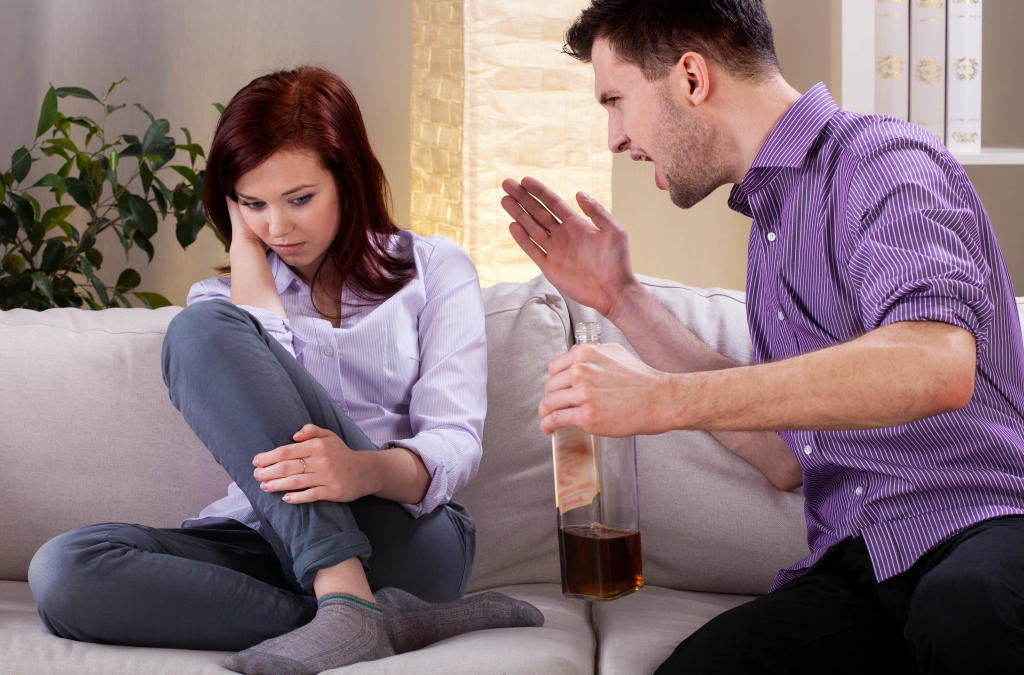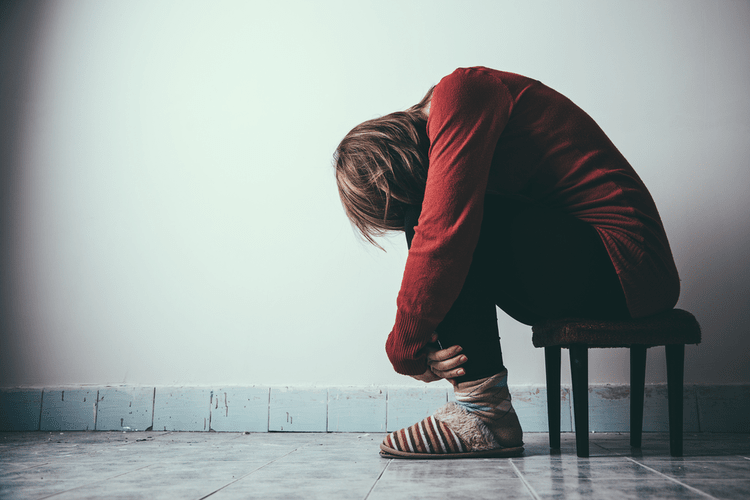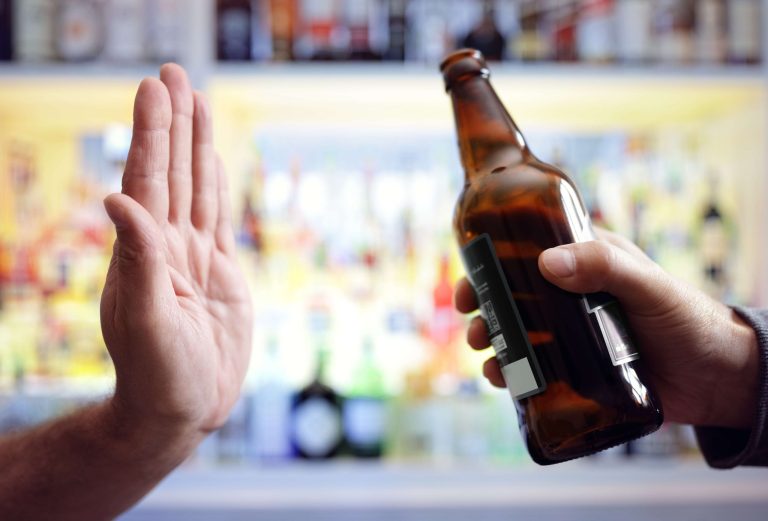The researchers found increased levels of IBA-1 and CSF-1 in why does beer make my head hurt the spinal cord tissue of mice with alcohol withdrawal-related allodynia and mice with alcohol-induced neuropathic pain. This indicates the activation of microglia (immune cells) in the spinal cord tissue. Alcohol can affect the appearance of your skin, making you look tired, older, and paler.
Practical relevance of these results
They are delicious, and you won’t experience a beer headache — a win-win. Some studies state that tolfenamic, an anti-inflammatory drug, is known to be somewhat helpful in curing hangovers. Taking Vitamin B6 before drinking might also work for some people. N-acetyl cysteine also helps in detoxifying the body from acetaldehyde https://guantescor.com.ar/2024/09/04/research-review-what-have-we-learned-about/ build-up. The easiest way to determine this is to test yourself under controlled conditions.

How can I prevent headaches after drinking beer?

There are several factors that may contribute to alcohol-induced headaches. Firstly, alcohol contains ethanol, a vasodilator that increases the size of blood vessels in the body. This vasodilation may trigger migraine attacks, especially in those who are already susceptible to headaches or migraines without alcohol. Alcoholic drinks also contain congeners, which are present in higher amounts in darker liquors such as brandy, dark rum, and whisky compared to lighter liquors like gin and vodka. Congeners have been implicated in worsening the chances of developing a headache.
- If you have gastritis related to alcohol or to any other cause, getting started on treatment right away is the right move.
- If you’re prone to headaches, you may want to avoid beers with high levels of histamines, tyramine, or sulfites.
- They involve throbbing pain that generally occurs on one side of the head.
- There are many different causes for neck and shoulder pain, but alcohol could be a contributing factor because it impacts the musculoskeletal system and could cause localized pain.
Alcohol-induced headaches: Evidence for a central mechanism?

These are proteins that cause inflammation, and alcohol also causes inflammation. When you have a higher level of these proteins in your body at one time, they can cause your blood vessels to dilate. Sugar can deplete levels of B vitamins drug addiction treatment in the body, and tannins and sulfites can cause a histamine reaction in sensitive people. All of these factors will mean fewer drinks before a headache kicks in. Experiencing a headache after just one beer can be frustrating but understanding the reasons behind it can help you enjoy your favorite drink without the unpleasant side effects. By staying hydrated choosing lighter beer options and being mindful of your individual sensitivities you can significantly reduce the chances of a headache.
However, a headache after drinking will usually resolve itself over time. Experts are unsure exactly how alcohol may cause one type of headache over another. It may be that people have individual differences in brain receptors that influence the brain’s reaction to alcohol. This chemical is a vasodilator, which increases the size of blood vessels in the body.
- Everyone knows large amounts of alcohol are not good for the body.
- Limited research suggests that alcohol-induced pain in those with Hodgkin lymphoma may be treated with an over-the-counter pain medication, such as ibuprofen.
- Tension-type headaches are one of the most common types, affecting more than 70% of people.
- These lymph nodes protect the body from any bacterial or foreign body damage.
Alcohol suppresses rapid eye movement, or REM sleep, which is an essential restorative stage of sleep your body requires. And since alcohol is a diuretic, you’ll probably visit the bathroom more frequently at night, which can significantly hinder sleep. While alcohol sends you into dreamland quicker, there’s a good chance that having too much will lead to a night of tossing and turning once its sedative effects wear off. In short, alcohol may increase your risk of experiencing gastritis and digestive symptoms. Alcohol is one possible culprit for heartburn because it may lead to increased production of stomach acid. It can also relax the muscles leading towards your stomach, increasing the likelihood of leaking stomach acid.
